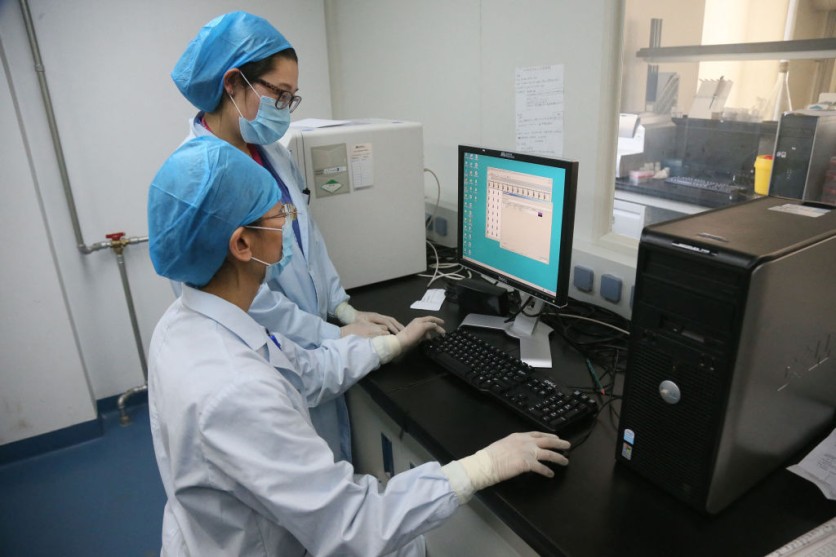The rapid advancement of generative AI tools has led to their widespread use in various sectors, including healthcare. However, in a move aimed at ensuring the safety and integrity of medical services, Beijing is planning to restrict the utilization of AI-generated medical prescriptions, as outlined in a draft rule on internet-based medical services released by the city's health authorities.
According to China Daily, the Beijing Health Commission has articulated the purpose of this draft as the regulation of medicine management within online medical services.

Beijing Is Banning AI-Generated Online Medical Prescriptions
Among the provisions outlined in the draft, one key aspect involves the prohibition of providing medicine before the generation of a prescription through AI.
Additionally, the draft rule emphasizes the importance of upholding the medical profession's ethical standards by banning the compilation of prescription inventory for commercial purposes.
Comprising 41 articles, the draft rule lays out a comprehensive framework governing various stakeholders participating in internet-based medical services, including hospitals, medical practitioners, patients, and supervisory entities.
As an illustration of its stringent approach, the draft rule mandates that doctors offering online medical diagnoses must possess at least three years of clinical medical practice experience.
To prevent impersonation and ensure accountability, doctors are required to undergo a registration process using their real identities before commencing online patient consultations.
Furthermore, doctors are expected to inform patients about the necessity of providing accurate identification details and refrain from assuming the identity of others for medical assistance.
In instances wherein doctors deem patients unfit for continued online diagnosis, they are mandated to cease internet services promptly and guide patients toward seeking care at physical healthcare facilities.
Medical Records Online
The draft rule also highlights the significance of maintaining comprehensive medical records generated through online services. According to the proposed regulations, these records should be retained for a minimum of 15 years.
Additionally, the diagnosis process, encompassing conversations, audio, and video records, must be preserved for at least three years. The rule states that the entire information chain about prescriptions, pharmacy order fulfillment, and delivery must be traceable to ensure transparency and accountability.
The commission also mandates internet medical facilities to disclose their fee structures for public reference. Furthermore, existing restrictions applicable to practitioners' fees, such as the prohibition of profit-based patient referrals and requirements for patients to purchase medical supplies from designated locations, extend to internet-based medical services.
The draft rule is open for public feedback until September 16, allowing stakeholders and the public to contribute their insights and perspectives to the regulatory framework shaping the future of online medical services in Beijing.
Related Article : [VIRAL] Chinese Live Streamer Challenge Gone Wrong: Alcohol Poisoning Claims Second Online Creator

ⓒ 2025 TECHTIMES.com All rights reserved. Do not reproduce without permission.




